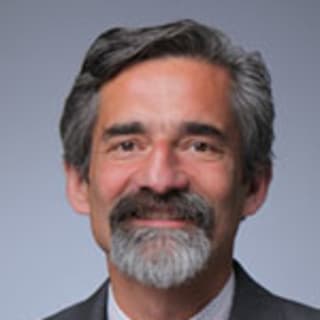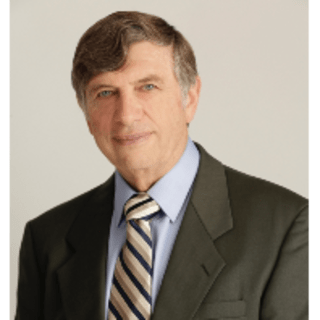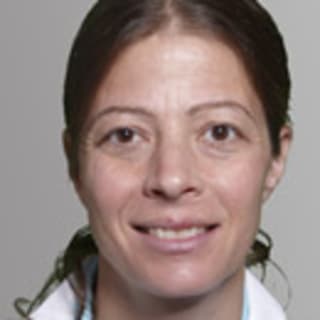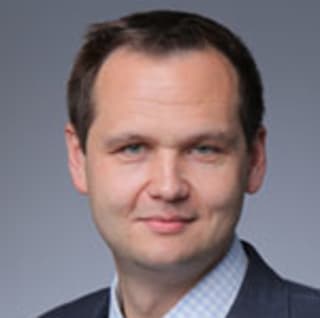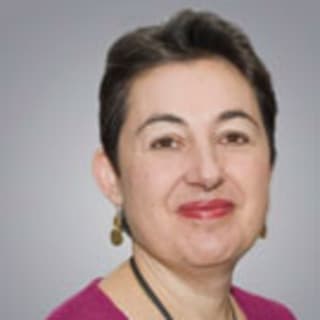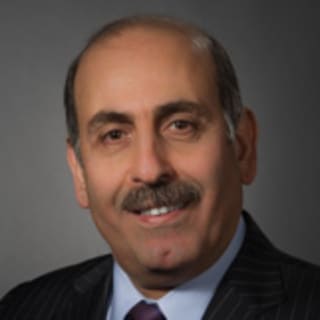Dr. Wisniewski is on Doximity
As a Doximity member you'll join over two million verified healthcare professionals in a private, secure network.
- Gain access to free telehealth tools, such as our “call shielding” and one-way patient texting.
- Connect with colleagues in the same hospital or clinic.
- Read the latest clinical news, personalized to your specialty.
Office
145 E 32nd St
Fl 2
New York, NY 10016Phone+1 212-263-3210Fax+1 212-263-3273
Summary
- Dr. Wisniewski is a Neurologist and Neuropathologist, who is the Director of the NYU NIH funded Alzheimer’s Disease Research Center (ADRC). He also directs the Conformational Disorders Laboratory, the Center of Cognitive Neurology, the NYS NYU Center for Excellence for Alzheimer’s Disease (CEAD), the Pearl Barlow Memory Disorders Center, the Division of Aging and Dementia and the Neuropathology Fellowship program. He is also on the Board of the NYC Chapter of the Alzheimer’s Association. He has been a member of the NYULH faculty council since 2012 and a member of the NYU Senate since 2013. His Laboratory has been working on elucidating the pathogenesis of Alzheimer's disease (AD) and prion diseases, with an aim to develop possible therapeutic strategies. This work has led to >300 peer reviewed publications (h-index ~80), 25 issued US patents and has been continuously funded by NIH for >26yrs. His lab has helped develop novel therapeutic methods for AD in particular various immunotherapeutic approaches that affect both the adaptive and innate immune systems. His group was the first to document the effectiveness of vaccination in prion disease in vivo using wild type mice and were also the first group to effectively use mucosal immunization to partially prevent a prion infection (chronic wasting disease) in white tailed deer, which are naturally at risk for this prion infection. His lab has also developed both active and passive immunization specifically targeting abnormal oligomeric protein conformation, as well as a means to stimulate innate immunity to ameliorate AD pathology. Recently, his group developed an unbiased localized proteomic methodology that produces robust data utilizing archival formalin, fixed paraffin embedded human tissue and used this method perform the most extensive proteomic analysis of amyloid plaques, as well as to characterize the amyloid proteome of a distinct subtype of AD: rapidly progressive AD.
Education & Training
 New York Presbyterian Hospital (Columbia Campus)Fellowship, Neuropathology, 1989 - 1990
New York Presbyterian Hospital (Columbia Campus)Fellowship, Neuropathology, 1989 - 1990 New York Presbyterian Hospital (Columbia Campus)Residency, Pathology-Anatomic and Clinical, 1988 - 1989
New York Presbyterian Hospital (Columbia Campus)Residency, Pathology-Anatomic and Clinical, 1988 - 1989 NYU Grossman School of MedicineResidency, Neurology, 1985 - 1988
NYU Grossman School of MedicineResidency, Neurology, 1985 - 1988 SUNY Downstate Health Sciences UniversityInternship, Transitional Year, 1984 - 1985
SUNY Downstate Health Sciences UniversityInternship, Transitional Year, 1984 - 1985 (King's College London - School of Medicine)Class of 1982
(King's College London - School of Medicine)Class of 1982 University of London, King's CollegeBS, 1980
University of London, King's CollegeBS, 1980
Certifications & Licensure
 NY State Medical License 1987 - 2026
NY State Medical License 1987 - 2026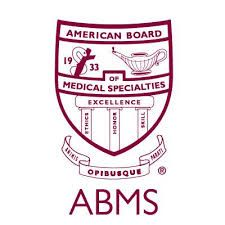 American Board of Pathology Neuropathology
American Board of Pathology Neuropathology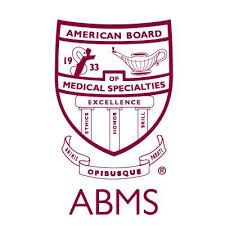 American Board of Psychiatry and Neurology Neurology
American Board of Psychiatry and Neurology Neurology
Awards, Honors, & Recognition
- ANA Award for Clinical and Scientific Excellence – Career Based Contributions over 15 years American Neurological Association, 2023
- Casimir Funk Award in the Natural Sciences Polish Institute of Arts and Sciences of America, 2023
- Elected as Distinguished Fellow Kosciuszko Foundation Collegium of Eminent Scientists, 2014
- Join now to see all
Publications & Presentations
PubMed
- Spatial proteomic differences in chronic traumatic encephalopathy, Alzheimer's disease, and primary age-related tauopathy hippocampi.Timothy E Richardson, Miranda E Orr, Timothy C Orr, Susan K Rohde, Alexander J Ehrenberg
Alzheimer's & Dementia. 2025-02-01 - 1 citationsComparison of the amyloid plaque proteome in Down syndrome, early-onset Alzheimer's disease, and late-onset Alzheimer's disease.Mitchell Martá-Ariza, Dominique F Leitner, Evgeny Kanshin, Jianina Suazo, Ana Giusti Pedrosa
Acta Neuropathologica. 2025-01-18 - Choroid plexus aging: structural and vascular insights from the HCP-aging dataset.Zhe Sun, Chenyang Li, Jiangyang Zhang, Thomas Wisniewski, Yulin Ge
Fluids and Barriers of the CNS. 2024-12-05
Journal Articles
- Blocking the Apolipoprotein E/Amyloid Beta Interaction in Triple Transgenic Mice Ameliorates Alzheimer's Disease Related Amyloid Betaeta and Tau PathologyLiu S, Breitbart A, Sun Y, Mehta PD, Boutajangout A, Scholtzova H, Wisniewski T, Journal of Neurochemistry, 1/1/2014
- Two Phase 3 Trials of Bapineuzumab in Mild to Moderate Alzheimer's DiseaseSalloway S, Sperling R, Fox NC, Blennow K, Klunk W, Raskind M, Sabbagh M, Honig LS, Porsteinsson AP, Ferris S, Reichert M, Ketter N, Nejadnik B, Guenzler V, Miloskavsk..., New England Journal of Medicine, 1/1/2014
- Nerve Growth Factor Metabolic Dysfunction in Down's Syndrome Brains: a Cause for Cholinergic Degeneration?Iulita MF, Carmo SD, Ower A, Fortress A, Aguilar LF, Hanna M, Wisniewski T, Granholm AC, Buhusi M, Busciglio J, Cuello AC, Brain, 1/1/2014
- Join now to see all
Books/Book Chapters
Other
- Mad Cow Disease and Variant Creutzfeldt-Jakob DiseaseWisniewski T, eMedicine Neurology
http://www.emedicine.com/neuro
1/1/2004 - Prion Related DiseasesWisniewski T, eMedicine Neurology
http://www.emedicine.com/neuro/topic662.htm
1/1/2002
Press Mentions
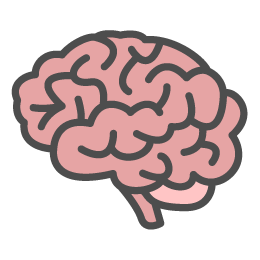 What Is the Brain Fog That Affects Covid-19 Patients?July 23rd, 2022
What Is the Brain Fog That Affects Covid-19 Patients?July 23rd, 2022 Is Long COVID a Syndrome or a Series of Coronavirus Complications? What We Know Now About Lingering SymptomsJanuary 25th, 2022
Is Long COVID a Syndrome or a Series of Coronavirus Complications? What We Know Now About Lingering SymptomsJanuary 25th, 2022 Biomarkers of Neurodegeneration Elevated in Hospitalized Covid-19 PatientsJanuary 18th, 2022
Biomarkers of Neurodegeneration Elevated in Hospitalized Covid-19 PatientsJanuary 18th, 2022- Join now to see all
Professional Memberships
- Member
Viewing the full profile is available to verified healthcare professionals only.
Find your profile and take control of your online presence:
